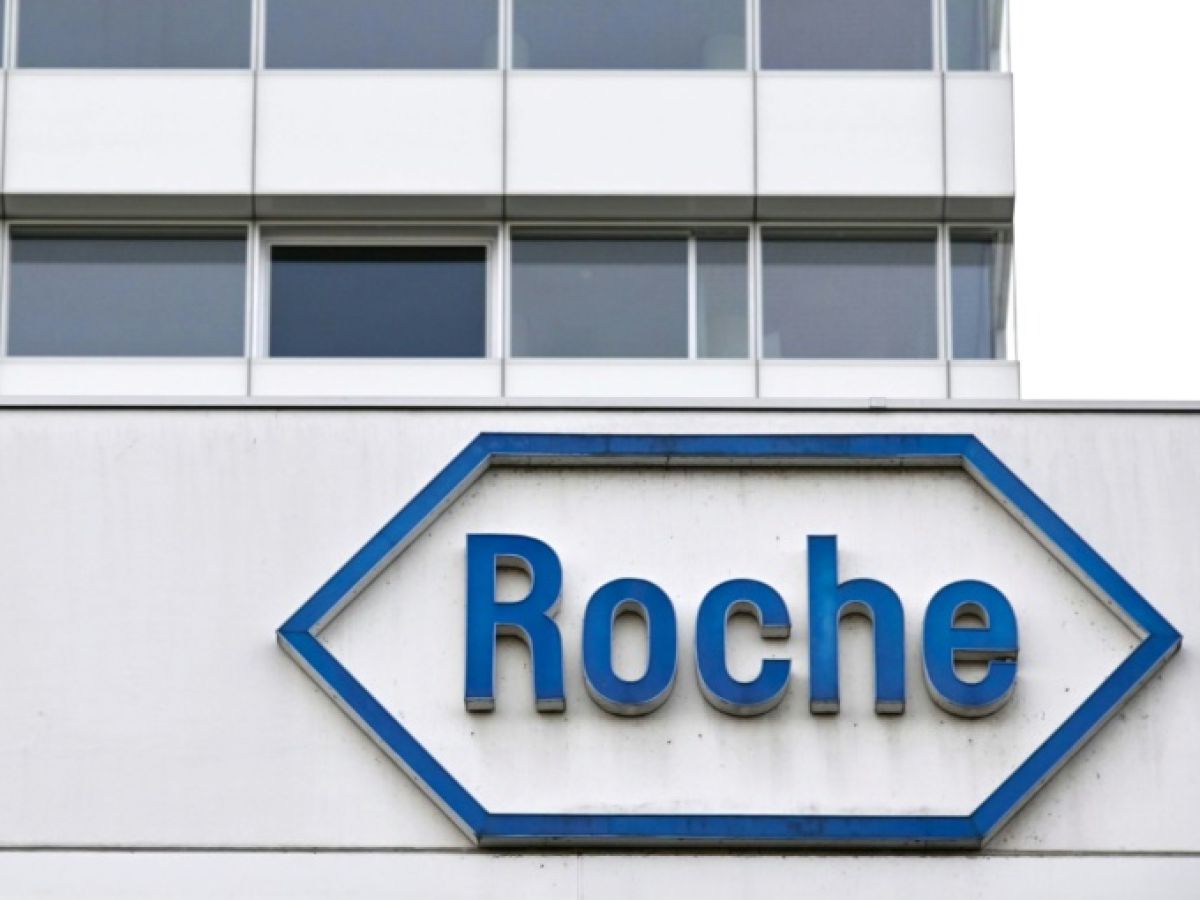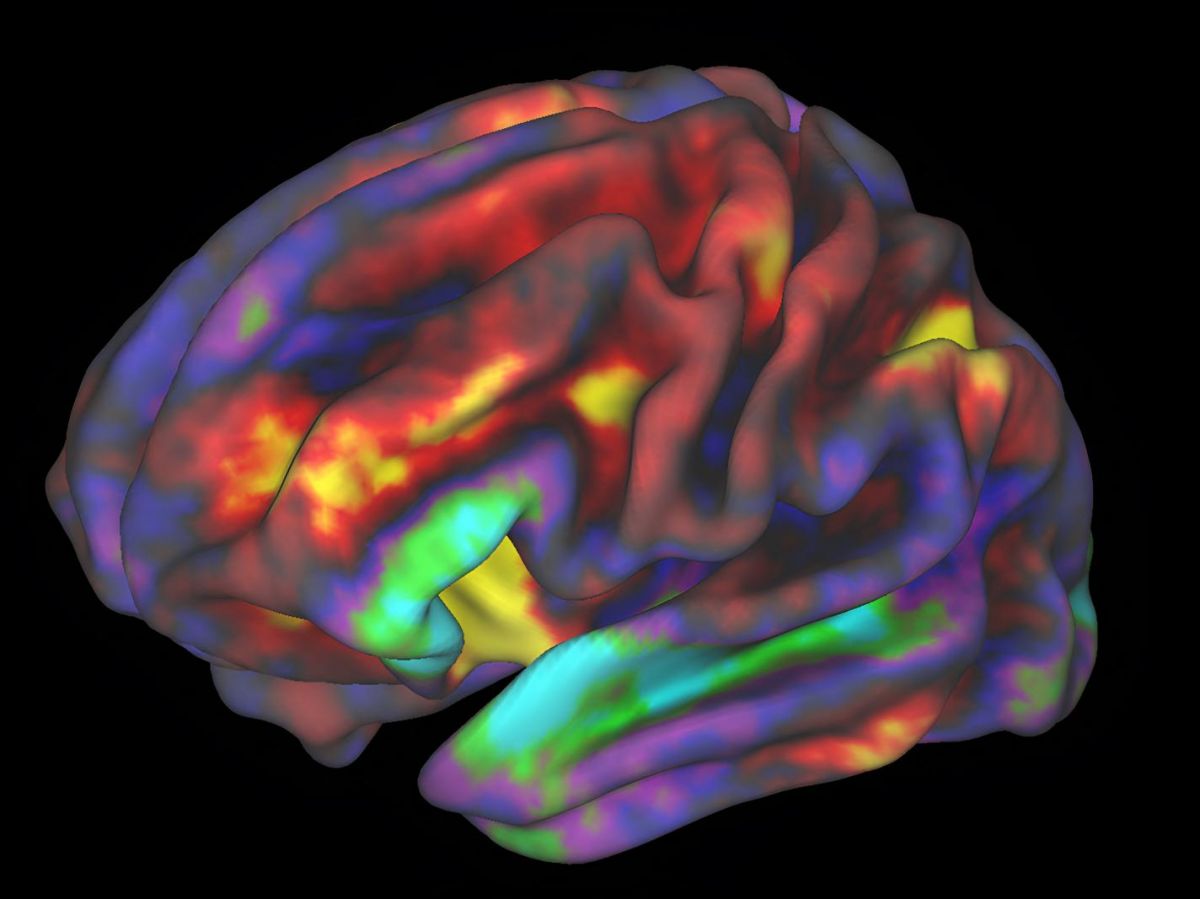Swiss pharmaceutical giant Roche announced Wednesday that it has obtained approval in the European Union for a new breast cancer treatment and also CE marking for a diagnostic test for Alzheimer's disease.
The European Commission has given the green light to inavolisib, marketed under the name Itovebi for advanced or metastatic breast cancer, in combination with palbociclib and fulvestrant, the Swiss group said in a statement.
The approval was given on the basis of a phase III study which demonstrated a reduction of 57% in the risk of disease worsening or death.
Approved in October in the United States, this treatment is intended for a very common subtype of the disease.
It is indicated for breast cancer that is "positive for hormone receptors (HR positive) and negative for human epidermal growth factor receptor 2 (HER2 negative)" and is used "when the breast cancer has a mutation in the PIK3CA gene," specifies the website of Swissmedic, the Swiss health authority, which authorized it at the end of January.
In a separate statement, Roche, which is also active in diagnostics, announced that it had obtained the European CE conformity marking for a screening test for Alzheimer's disease.
Developed with the American laboratory Eli Lilly, this blood test was designed to allow doctors to rule out Alzheimer's disease when patients show symptoms of cognitive decline.
Called Elecsys pTau181, it identifies one of the disease's biomarkers. It allows doctors to determine whether the disease is the cause of cognitive decline and whether further testing is necessary, thus saving patients from unnecessary and invasive tests.
In the press release, Roche points out that up to 75% people experience symptoms without being diagnosed and that it often takes nearly three years for patients to be diagnosed after the onset of the disease.
Roche is due to release its half-year results on Thursday. The world's leading oncology company, it has several breast cancer treatments, including Perjeta and Phesgo. In addition to its pharmaceutical division, it also boasts a diagnostic testing division that contributed nearly a quarter of its revenue in 2024.


